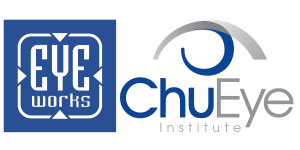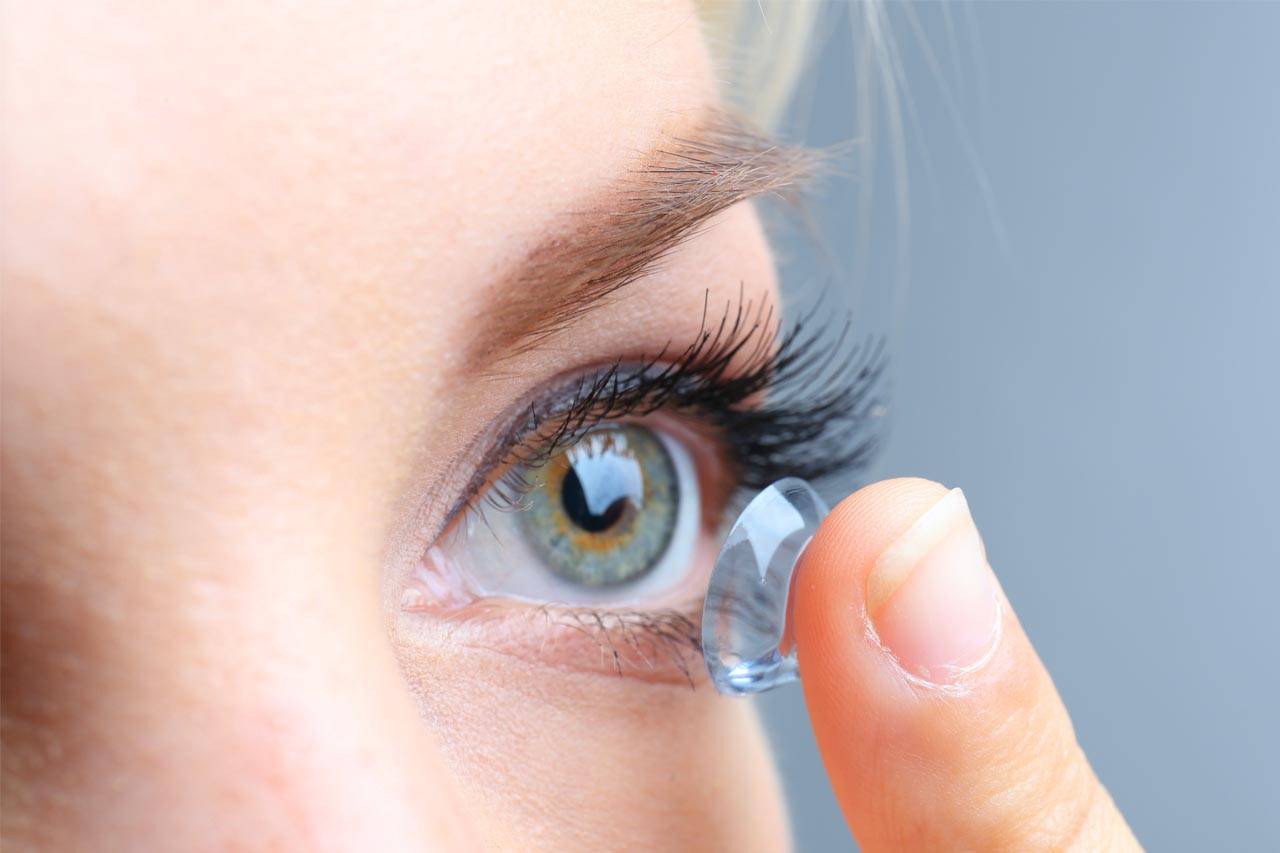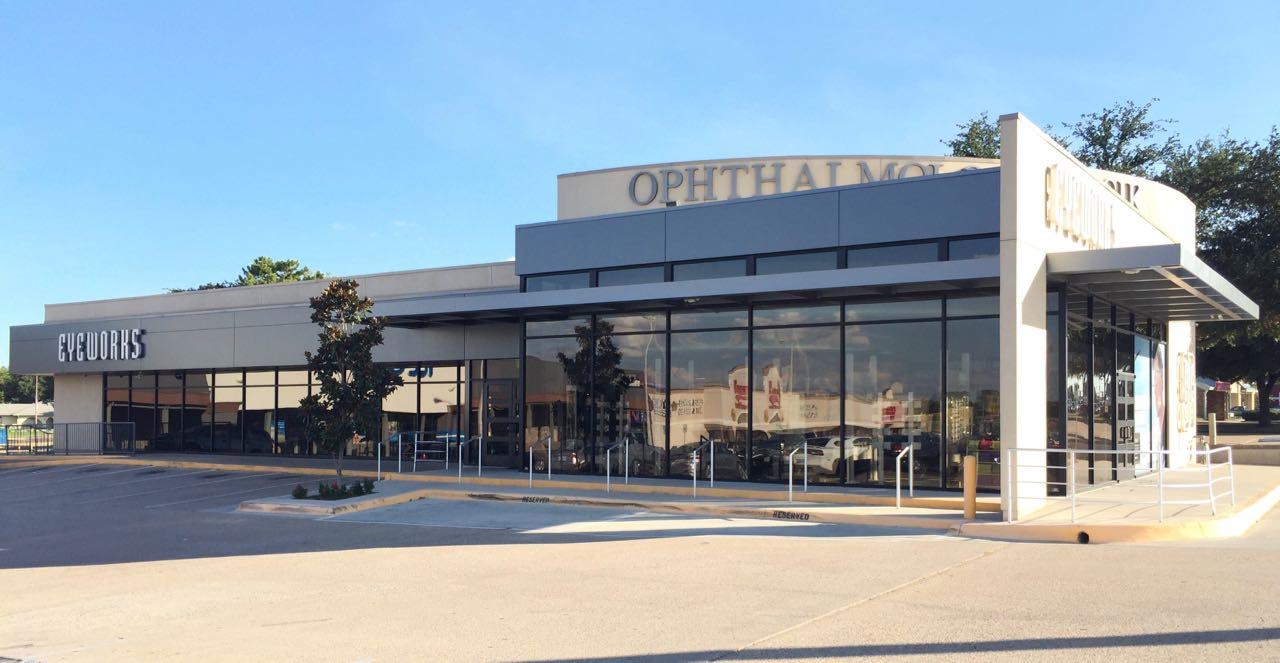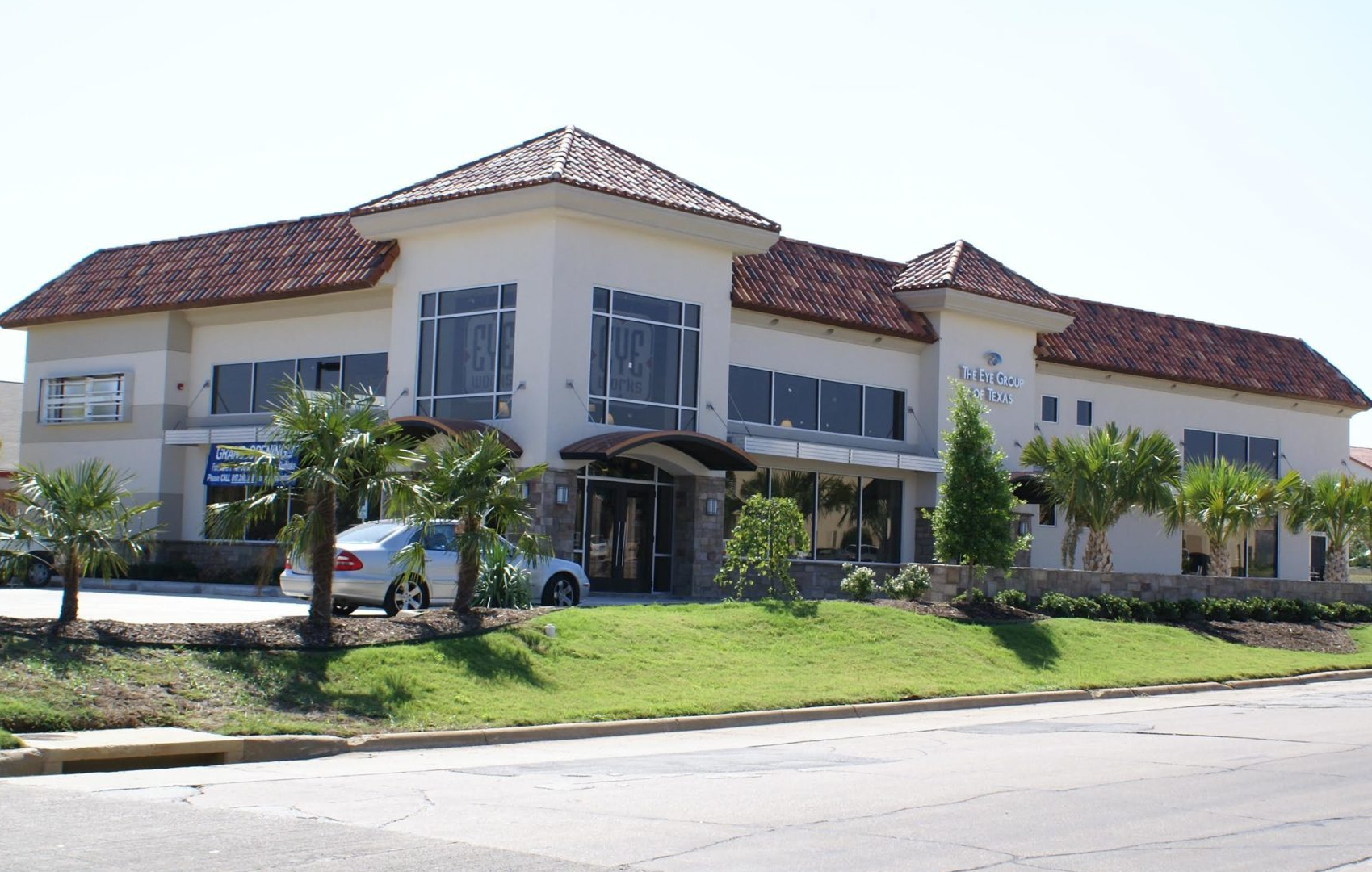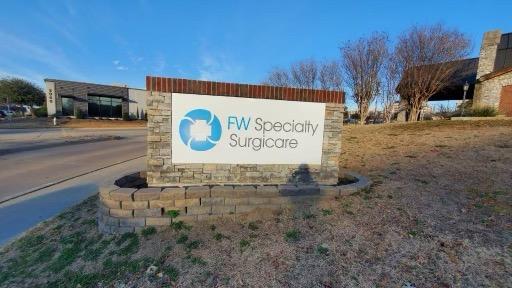 Glaucoma is a sight-threatening eye disease that can start as early as age 40 and often has no signs until it's too late and permanent damage to your eye has already begun. Left untreated, glaucoma leads to vision loss (‘tunnel vision’) or even total blindness. While there's no cure for glaucoma, the earlier it's diagnosed, the better the outcome.
Glaucoma is a sight-threatening eye disease that can start as early as age 40 and often has no signs until it's too late and permanent damage to your eye has already begun. Left untreated, glaucoma leads to vision loss (‘tunnel vision’) or even total blindness. While there's no cure for glaucoma, the earlier it's diagnosed, the better the outcome.
In the early stages, medication can often control glaucoma by facilitating the drainage of excess eye fluid from the eye. Eventually, however, surgery may be necessary.
Glaucoma surgery stabilizes eye pressure and helps prevent future vision loss. Glaucoma surgery is successful in about 70-90% of cases and the benefits may be long-lasting.
Had Glaucoma Surgery? Here's What To Expect.
You’ve finally had your glaucoma surgery. Now it’s time to relax and give your eyes time to heal. It is crucial to take care of your eyes in order to protect them from injury.
Though recovering from glaucoma surgery usually involves only mild discomfort, each person's general physical health and type of surgery will affect their recovery experience and time.
Below are the 5 things you should expect as you recover from glaucoma surgery:
Blurred Vision and Minor Discomfort
Following glaucoma surgery, it's common for your vision to become blurred. This can last from a few days to 6 weeks. Inflammation, swelling, redness, or irritation in the eye are all common during the first few days post-surgery. You may also experience a slight itchy feeling caused by the stitches and your eyes may also tear up or water more than usual during the recovery period.
If you experience a sudden loss of vision during this time, it’s important to contact your eye doctor immediately, as this could signal surgery-related complications.
No Driving
Driving is not recommended while recovering from glaucoma surgery, particularly right after the surgery. Make sure you have someone to drive you home after the surgery and to drive you to follow-up appointments with your eye doctor.
During your follow-up visits, your eye doctor will advise you when you can get behind the wheel again, but in general, most patients can resume driving approximately two weeks after surgery. But always discuss this with your eye doctor first.
Rest and Relaxation
During the recovery process, it’s important to take your time to relax and allow the eye to slowly heal. This means avoiding any heavy lifting and strenuous exercise. Restrictions can sometimes include simple tasks like reading, writing, or typing, as even these activities can place stress on the tiny surgical incisions made during the surgery.
Be sure to ask your eye doctor when you can resume certain daily tasks and hobbies.
Follow Doctor’s Orders
As with any surgery, a successful recovery depends on closely following the post-op care and instructions you receive. After glaucoma surgery, your your eye doctor will place an eye shield and padding or a bandage to protect the eye that has undergone surgery. Be sure to keep this in place until your doctor tells you to remove it.
Your eye doctor will likely recommend a series of eye drops that contain anti-inflammatory and antibiotic properties. It’s important to insert these drops as instructed to prevent infection, facilitate healing, and ease irritation.
The staff will set up your post-surgery follow-up appointments to ensure that your eyes are healing properly, with no signs of infection.
Proper Care and Hygiene
A few tips:
- The eye shield is placed on the eye directly after the surgery in order to prevent you from rubbing or touching your eyes, as this can severely damage your delicate eyes.
- Make sure you remember to wash your hands with soap and warm water prior to using eye drops.
- Take care while showering the day after surgery. Make sure that shampoo, soap, hair spray, etc., don’t enter your eyes, especially during the first week.
- It’s especially important to wear protective eyewear during your recovery, particularly during summertime. Eyewear protects your eyes from the sun’s UV rays, as well as from particles that can irritate sensitive eyes.
- You may need to refrain from taking steroids for a period of time, since they can cause increased eye pressure and glaucoma risk. Your eye doctor will discuss all your medications with you.
- Avoid swimming pools and hot tubs, as they can carry bacteria that can enter the eye and cause an infection. If swimming and other water sports are important to you, seek your eye doctor's approval prior to jumping in.
Other things to consider:
- Following glaucoma surgery, you should wear your glasses and not contact lenses
- At night, you should wear the eye shield provided by your eye doctor
- If you find your eyes are sensitive to light, wear sunglasses to reduce any discomfort
- Do not wear eye makeup and avoid face cream for at least two weeks post-op
Protecting Your Vision and Eye Health
To protect your eye health and vision, it’s necessary to see your eye doctor for routine exams, as they can help catch glaucoma and other eye diseases early, when treatment is most effective.
To ensure that you have the best recovery possible, make sure to follow your eye doctor's instructions. We will work with you to find the best treatment options. Contact EYEWORKS Ophthalmology Center today to consult with our optometric team and discover how we can help preserve your vision.
EYEWORKS Ophthalmology Center serves patients from Ft. Worth, Southlake, River Oaks, and Benbrook, all throughout Texas.
Q: Can you request lenses made from glass? Is glass still used for lenses?
- A: Yes. Opticians still sometimes use glass for lenses. However, glass is not used very often because they aren’t as safe. If these glass lenses breaks, they can shatters into many pieces and can injure the eye. Glass lenses are much heavier than plastic lenses, so they can make your eyeglasses less comfortable to wear.
Q: Can a coating be added to eyeglasses to protect them from further scratches?
- A: A protective coating can’t be added to a lens after it’s scratched. The coating is applied when the lens is manufactured and can’t be put on later.
Quality Frames For Prescription Eyeglasses & Computer Glasses In Fort Worth, Texas. Visit EYEWORKS for an eye exam and eyeglasses that match your style.
